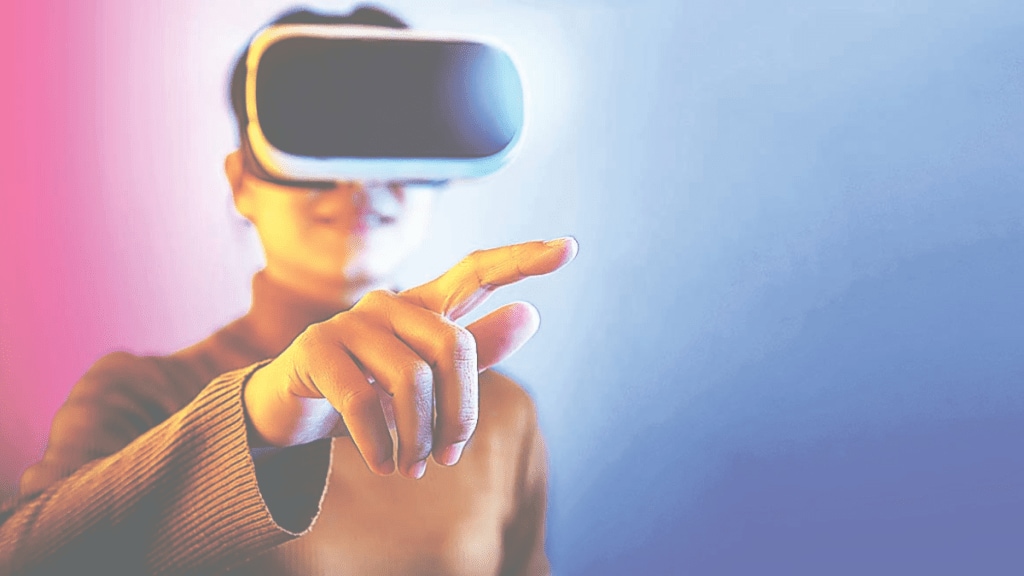By Yasin Hamidani
The rise of the metaverse has introduced exciting economic opportunities that are transforming digital economies and creating virtual marketplaces. As immersive virtual worlds evolve, they offer new avenues for trade, investment and ownership, particularly in virtual real estate, digital goods and NFT markets. These digital assets hold vast economic potential, signalling a shift in how businesses and individuals interact with digital economies.
Virtual real estate: Virtual real estate in the metaverse has become a booming market, where users purchase, lease and sell parcels of digital land within virtual worlds such as Decentraland, The Sandbox and others. High demand for virtual land has seen transactions in the millions, with investors acquiring virtual property to develop for commercial purposes, host events or open virtual storefronts. Scarcity and location within these worlds drive value, presenting a speculative but lucrative opportunity.
Digital goods and services: Within the metaverse, digital goods ranging from fashion items for avatars to virtual art are fast becoming status symbols. Users are willing to spend real money on virtual clothing, accessories and environments to enhance their metaverse experiences. This economy extends to virtual services, where creators, developers and designers profit from building and selling in-world assets or offering experiences like virtual concerts, social spaces and educational programs. These services are expected to become mainstream as the metaverse expands, offering new monetisation opportunities for businesses.
NFT markets: NFTs have emerged as a cornerstone of the metaverse economy. Representing ownership of unique digital items like art, music and in-game assets, NFTs are not just collectibles but serve as the backbone for trade and ownership in the virtual world. By tokenising digital goods, NFTs enable creators to monetise their work in new ways and buyers to own verifiable, tradable assets. The NFT market’s growth, particularly in gaming and art has generated billions.
The metaverse’s growing economy will increasingly intersect with the traditional economy. As brands establish their presence in virtual worlds, traditional businesses can explore new revenue streams. The metaverse also challenges conventional business models by blurring the line between the physical and digital, requiring adaptation to hybrid experiences. Real-world jobs tied to virtual environments will emerge, reshaping employment opportunities.
The metaverse, with its expansive digital economy, is set to redefine how we perceive ownership, commerce, and interaction in the digital age. This transformation could fundamentally alter how businesses operate and how individuals interact with economies. As the metaverse continues to evolve, the opportunities for brands, investors, creators, and consumers will expand, offering limitless possibilities for growth.
The author is director, Media Care Brand Solutions. Views expressed are personal and not necessarily those of financialexpress.com.


